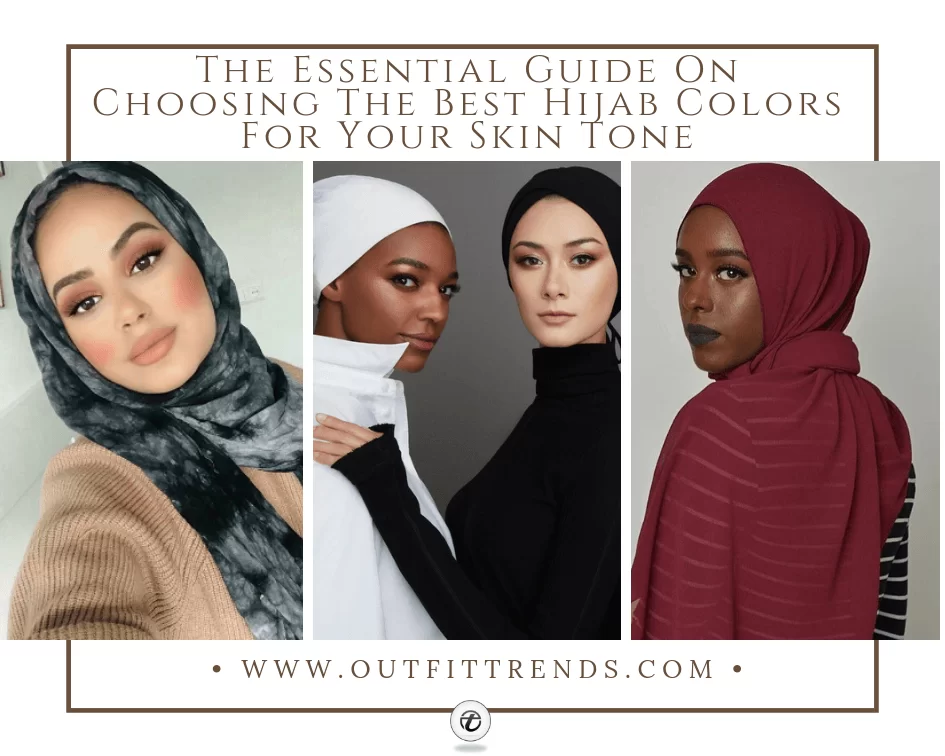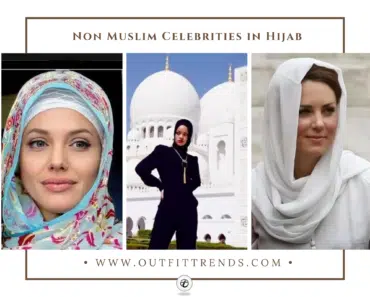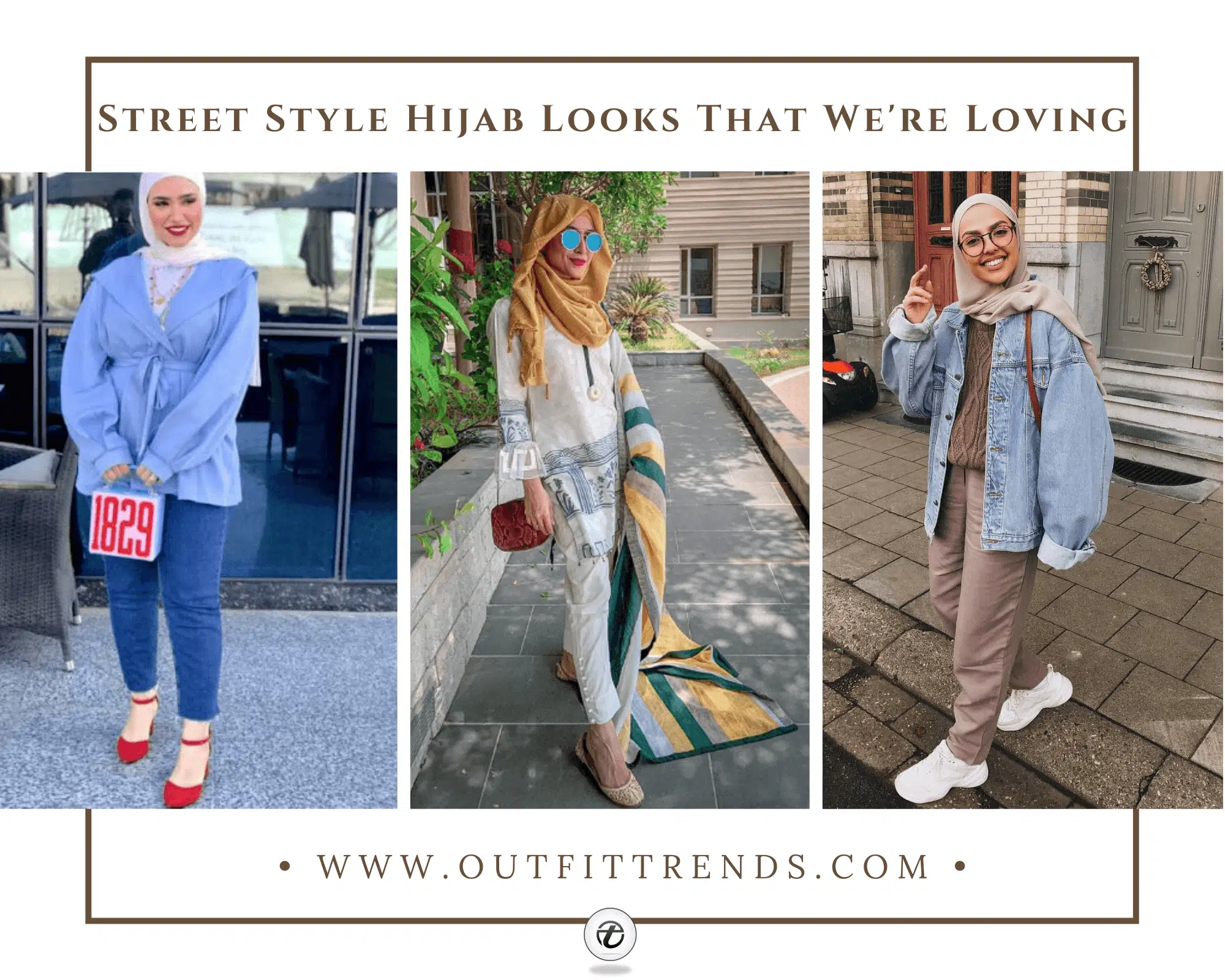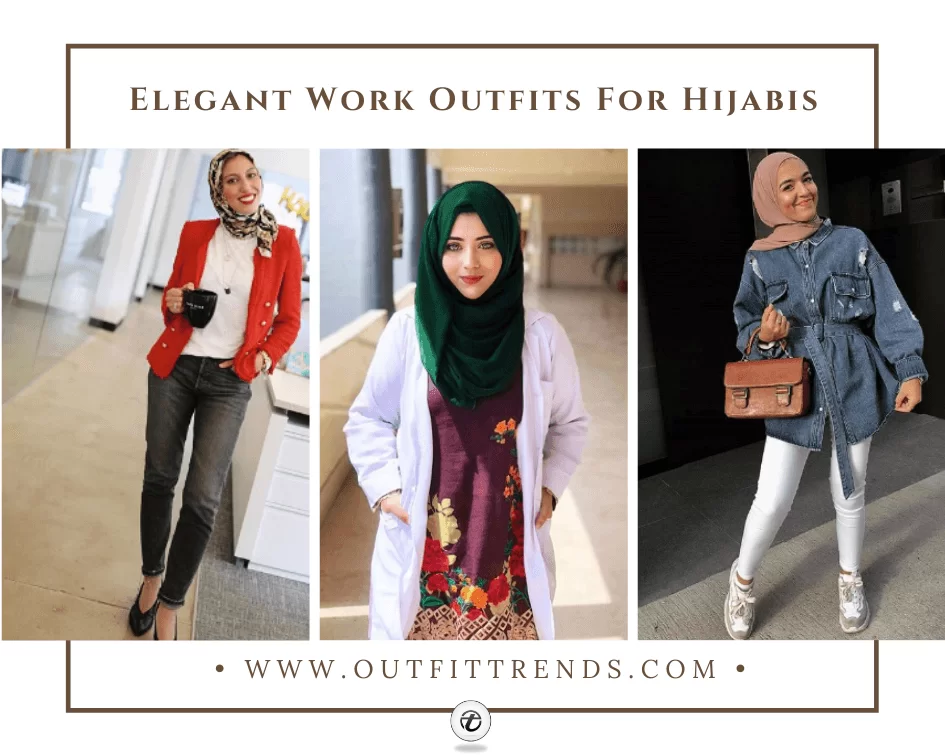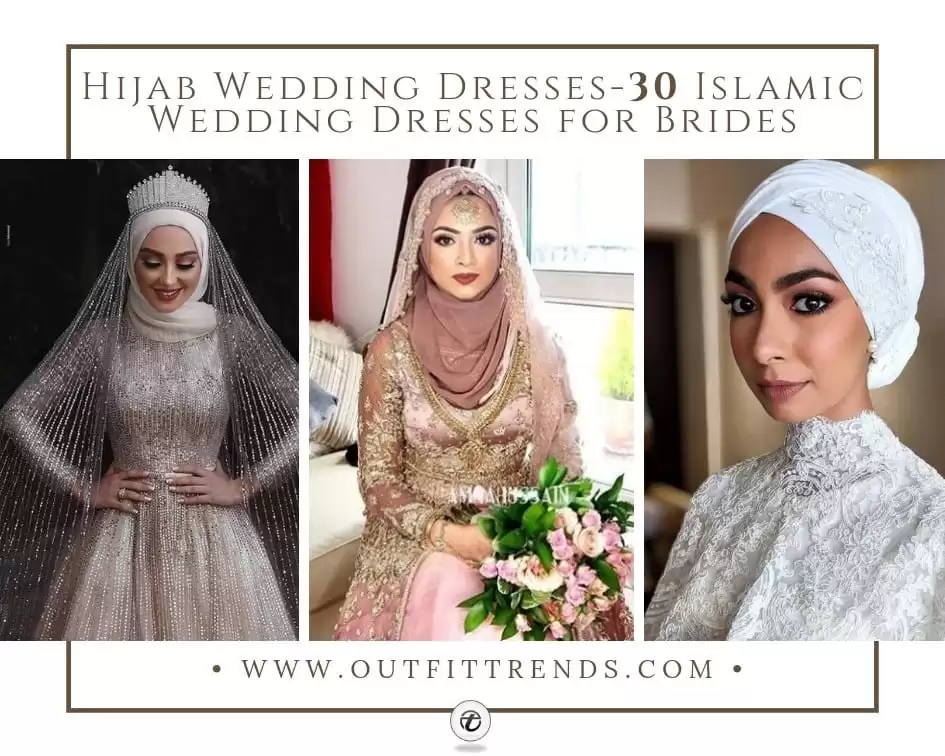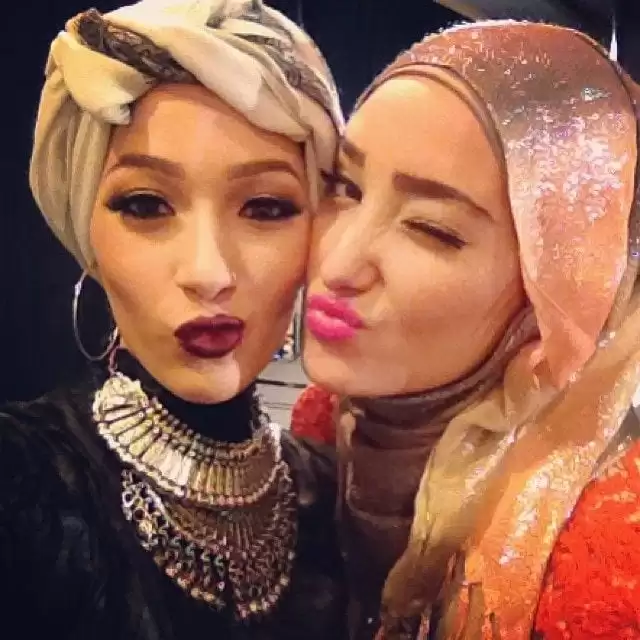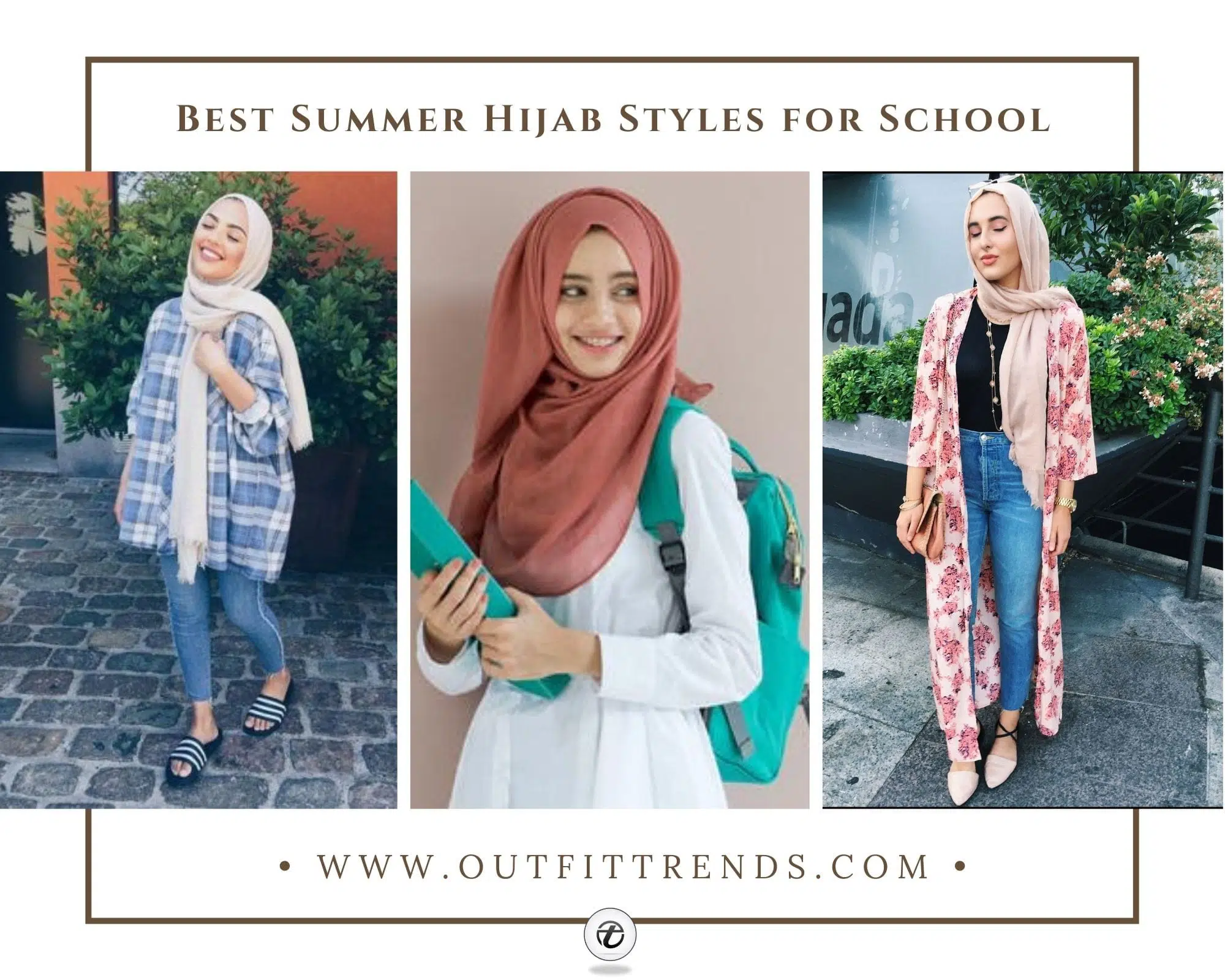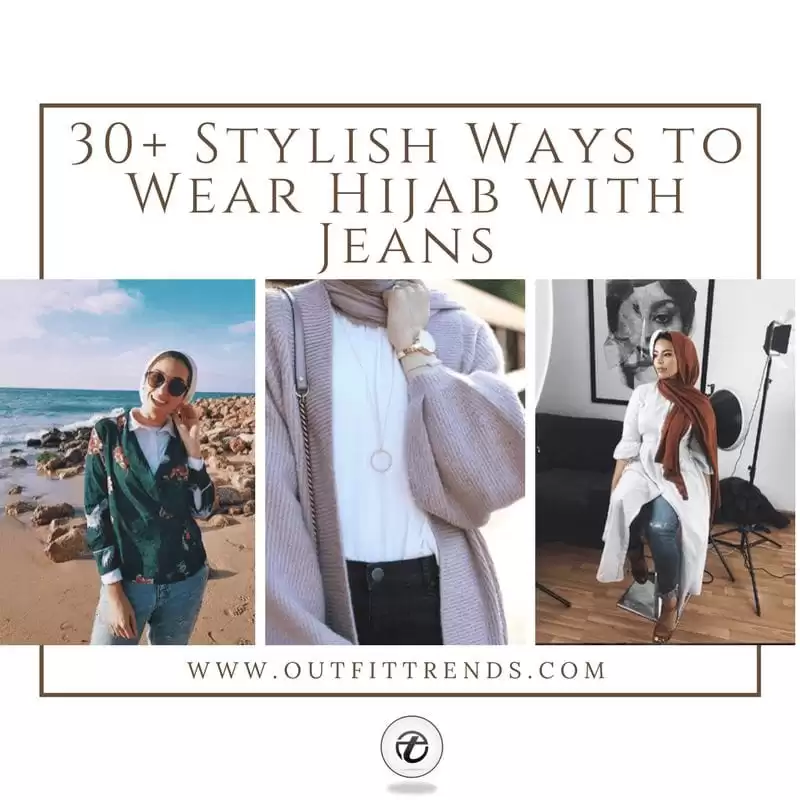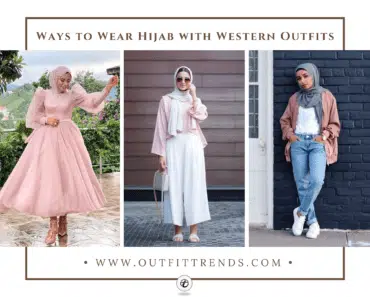Islam has given a lot of importance to modesty and highly focuses that both men and women should have a decent attitude with each other and the interaction between both the genders should be modest. In this aspect, the dressing is the most important player.
And when we talk about hijab, modest dressing is taking as a synonym for hijab, however, this is not the entire case. Hijab is a very broad term, and it literally means “a partition or a barrier”. However, the most evident evidence of hijab that we see today is the head covering by women only, all other aspects of hijab are neglected.
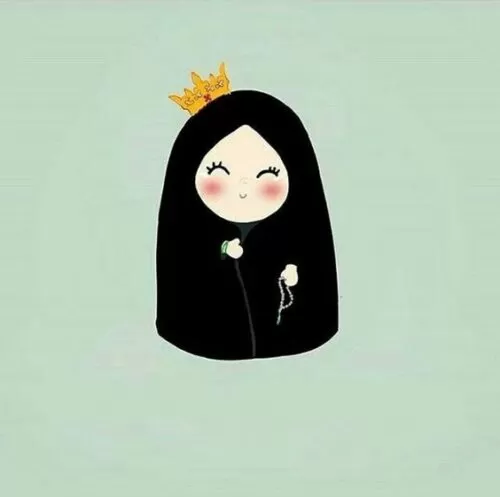
Islam gives a lot of importance to hijab and hijab has a broad perspective and it is explained in Quran as; “Say to the believing men that: they should cast down their glances and guard their private parts (by being chaste). This is better for them.” (Suran Nur, verse 30). Then in the next verse, the instruction is also provided for the Muslim women; “Say to the believing women that: they should cast down their glances and guard their private parts (by being chaste)…”
RECOMMENDED: 14 Latest Turkish Hijab Styles
Both these verses provide us with great evidence that both men and women are obliged to follow decency in their everyday life and that is Hijab. Be it the way you talk, walk or how you dress, hijab is a lifestyle that all Muslims, inclusive of men and women both have to follow and there is no exception.
There are various definitions of Hijab but the most prominent are the head covering by women.Thus, we will clear the air regarding hijab and burqa, which puzzle many women.
Hijab vs Burqa
Hijab is a general term which is used to describe the modest women, by the way, they dress and it is also about covering their hair with scarves. The hijab or the scarf worn is for the purpose of covering the head and it is mostly worn by women in the Arab countries, even women in many other Western countries wear it as well. The hijab covers the head and neck, but it leaves the face uncovered. Here are some ideas for Hijab office Wear; 12 Ideas to Wear Hijab at Work Elegantly
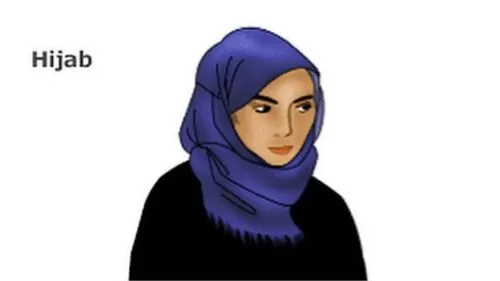
It is a requirement for all the Muslim women that they have to observe the hijab in front of any man they could theoretically marry. This makes it clear that the hijab is not obliged in front of the father, brothers, grandfathers, uncles or young children. However, it is not a compulsion to wear Hijab in front of other Muslim women, but there is still a debate about what can be revealed to the non-Muslim women.
According to Quran; [7:26] “O children of Adam, we have provided you with garments to cover your bodies, as well as for luxury. But the best garment is the garment of righteousness. These are some of God’s signs, that they may take heed.”
RECOMMENDED: Hijab Outfits for Teenage Girls
In contrast, a burqa is aa form of dressing prescribed by Islam which women do. You have to cover full face and body so that the dress can conceal the most. Another important thing is that women who wear burqa also cover their eyes along the face, but the eyes are covered with a mesh cloth so the wearer can see easily but it Those who wear the burka have their face completely covered, with a mesh cloth covering their eyes, so there is no problem in watching but the mesh cloth leaves the eyes hidden.

Is Hijab Compulsory or Sunnah?
Islam highly focuses on Hijab, and it states it compulsory. However, it also highly depends on who you ask and how a certain scholar portrays the compulsion of Hijab. According to different scholars and different Islamic circles, there is a disagreement as to what extent Quran advocates and acknowledges the wearing of the burqa or hijab. However, if looked deeply and studied we will find out that The Quran does not specifically mention the burqa or exactly define to wear extremely confining clothes. Instead, women, as well as men, are both instructed to dress and behave modestly in the society and observe hijab at all events. Check out Funky Hijab Style-16 Cool Ideas to Wear Hijab for Funky Look
From (Surah Al Ahzab, verse 59); “O Prophet, tell your wives and your daughters and the women of the believers to lower over themselves a portion of their jilbabs. That is more suitable that they will be known and not be harmed. And ever is Allah Forgiving and Merciful.”, it is clearly evident that observing hijab is not a mere sunnah but it is compulsory for all the believing women.
When a Muslim woman ensures and follows this compulsion it becomes important that she follows all the guidelines which must be followed with Hijab. She should observe the hijab in the way she talks to other men, especially the Na-Mehram (men that she can theoretically marry), her voice should be clear and firm and the content of her conversation must be clean. Other than that her hijab includes her modest dressing and that she should not indulge in the forbidden acts.
Many people debate over that Hijab is sunnah rather than a compulsion, The Prophet (PBUH) was instructed to pass on this to his wives and daughters and all other Muslim women, as mentioned in the above verse, thus the debate ends whether it is a part of faith or a Sunnah.
Evidence from Quran
There are many places in the Quran which gives clear instruction about Hijab and that it has been given a high importance in the Deen.
In Surah Nur, Verse 31, it states: “Say to the believing women that: they should cast down their glances and guard their private parts (by being chaste), and not display their beauty except what is apparent, and they should place their khimar over their bosoms”.
Here, khimar, by definition, means a piece of cloth that covers the head. Along with covering the head, this should cover the neck and the bosom, thus giving a modest way of dressing.
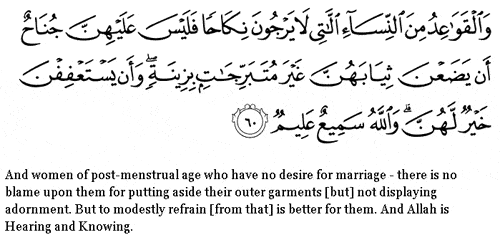
Along with this, there are several other places in the Quran which highlight how essential it is to observe Hijab and that there should be no lacking in following it. In Surah al-Ahzab, verse 59, Allah gives the following command to Prophet Muhammad: “O Prophet! Say to your wives, your daughters, and the women of the believers that: they should let down upon themselves their jalabib.”
Here Jilbab means a loose outer garment, which reflects that women should wear dresses which are loose and cover them properly, instead of fitted dresses which reveal their body shape and figure. RECOMMENDED: 14 Popular Hijab Street Style Fashion Ideas This Season
Evidence from Sunnah
Not only Quran is specific but Sunnah and Hadith also provides a lot many pieces of evidence which sheds light how important it is to follow the compulsion of Hijab.
- It was narrated from Safiyyah bint Shaybah that ‘Aa’ishah (may Allaah be pleased with her) used to say: When these words were revealed – “and to draw their veils all over Juyoobihinna (i.e. their bodies, faces, necks and bosoms)” – they took their izaars (a kind of garment) and tore them from the edges and covered their faces with them.
- Ibn Hajar said in Fath al-Bari: There is a report of Ibn Abi Haatim via ‘Abd-Allaah ibn ‘Uthmaan ibn Khaytham from Safiyyah that explains that. This report says: We mentioned the women of Quraysh and their virtues in the presence of ‘Aa’ishah and she said: “The women of Quraysh are good, but by Allah I have never seen any better than the women of the Al- Ansar, or any who believed the Book of Allaah more strongly or had more faith in the Revelation. When Soorat al-Noor was revealed – “and to draw their veils all over Juyoobihinna (i.e. their bodies, faces, necks and bosoms)” – their menfolk came to them and recited to them what had been revealed, and there was not one woman among them who did not go to her apron, and the following morning they prayed wrapped up as if there were crows on their heads. It was also narrated clearly in the report of al-Bukhari narrated above, where we see ‘Aa’ishah (may Allaah be pleased with her), who was so knowledgeable and pious, praising them in this manner and stating that she had never seen any women who believed the Book of Allaah more strongly or had more faith in the Revelation.
This clearly indicates that they understood from this verse – “and to draw their veils everywhere Juyoobihinna (i.e. their bodies, faces, necks and bosoms)” – that it absolutely was obligatory to hide their faces which this stemmed from their belief within the Book of Allaah and their religion within the Revelation. It conjointly indicates that women’s perceptive hijab ahead of men and covering their faces is an act of belief within the Book of Allaah and religion within the Revelation. it’s terribly strange so that a number of people who claim to own data say that there’s nothing in the Qur’an or hadith that claims that girls have to be compelled to cover their faces ahead of non-mahram men, even though the Sahaabi ladies did that in obedience to the command of Allaah in His Book, out of religion within the Revelation, which this that means is additionally firmly entrenched within the hadith, as in the report from al-Bukhari quoted above. this can be the strongest proof that all Muslim ladies are duty-bound to observe hijab. Here are some Islamic Quotes About Life-50 Best Quotes which describes life in Islam
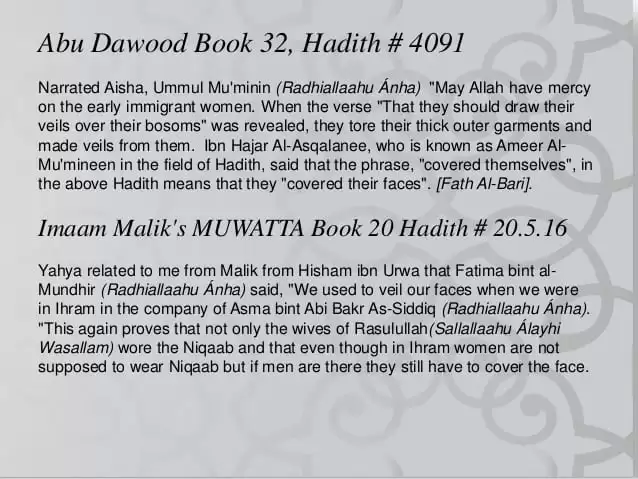
How Hijab started in Islam
Importance of Hijab in Islam
When Islam bounds its Ummah for certain rules, it is in the best interest of the people. Similarly, when women wear Hijab it gives them the great importance and it is for their best interest. There are many reasons Islam why Islam claims Hijab important, some of them are as follows:
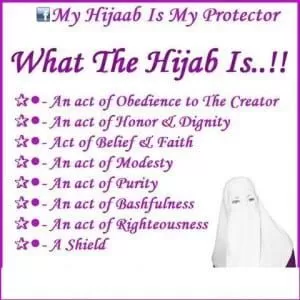
- When a woman wears Hijab, it reflects that she willingly submits herself to Allah and that for her the most prestigious command is that from Allah. Thus, by following the command she ensures that she is able to make a better life here as well as on the Day of Judgement.
- Hijab shows that the woman is not completely dwelled in worldly pleasures and that she is modest. And her dressing is not drawing the attention of the bad eyes. As stated: “And stay in your houses, and do not display yourselves like that of the times of ignorance, and perform As-Salat (Prayers), and give Zakat and obey Allah and His Messenger. Allah wishes only to remove Ar-Rijs (evil deeds and sins) from you, O members of the family (of the Prophet P.B.U.H), and to purify you with a thorough purification” [al-Ahzab: 33]
- Lastly, the Hijab that a woman carries, in her persona as well as her dressing also safeguards her from different kind of sexual abuses, thus giving her protection in this vicious world.
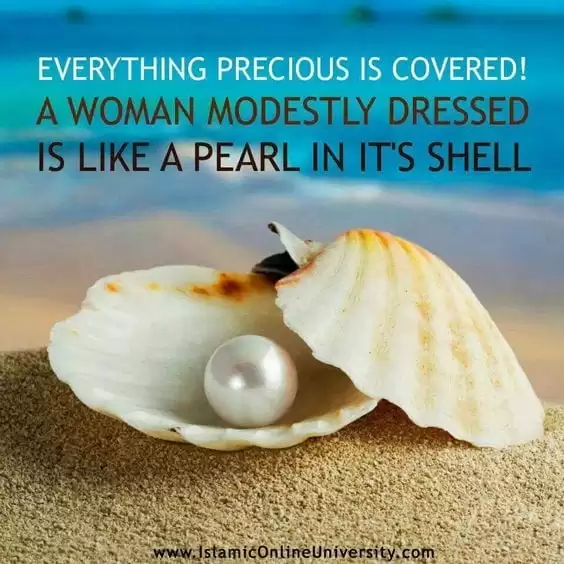
Punishment for Showing Hair in Islam
Islam is a religion of great ease, but if one doesn’t follow the commands of Allah it can lead to punishment as well. In Quran it is well stated that: “And whosoever disobeys Allaah and His Messenger (Muhammad صلى الله عليه وسلم), and transgresses His limits, He will cast him into the Fire, to abide therein; and he shall have a disgraceful torment” [al-Nisa’ 4:14]
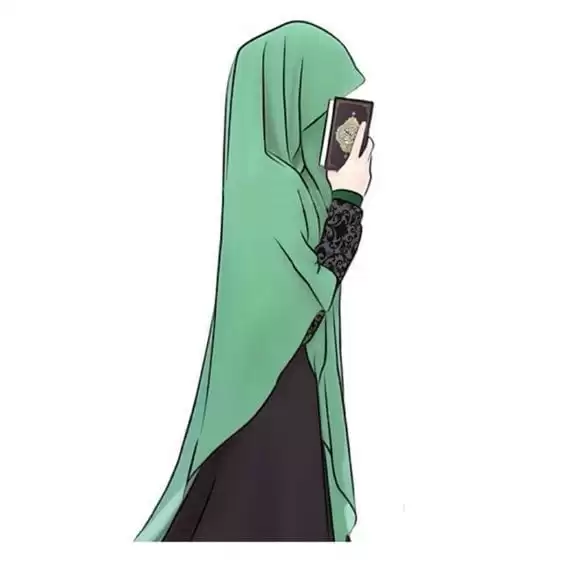
For women who don’t observe hijab and show their hair, there is a Saheeh Hadith which reflects that they can be in great trouble: “Abu Hurayrah states that the Prophet (peace and blessings of Allaah be upon him) said: “There are two types of the people of Hell whom I have not seen: men with whips like the tails of cattle with which they strike the people, and women who are clothed but naked, walking with an enticing gait, with something like the humps of camels on their heads. They will not enter Paradise nor even smell its fragrance, and its fragrance can be smelled from such and such a distance.”
Thus all women should try and observe hijab for a peaceful life today and in the life afterward!

